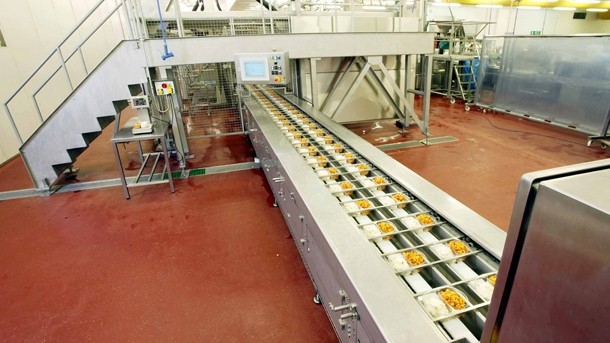Supermarkets ‘risk losing millions’ in manufacturing

If the trend grows, existing food manufacturers could face a “nightmare scenario” of being ditched by retailers, which sought to become more price competitive, warned business recovery specialist Begbies Traynor. Retailers such as Morrisons, Iceland and Waitrose already had manufacturing facilities of their own and others were likely to follow, Begbies Traynor added.
However, Julian Wild, partner at corporate finance specialist Rollits, dismissed the idea and said: “I cannot see how, given all the issues the supermarkets are addressing, they would think that getting into manufacturing is a good idea.”
Couldn’t build their own sites
Supermarkets didn’t have the capital to build their own manufacturing sites and would have to persuade existing manufacturers to sell their key facilities, he added. Such a tactic had been used by Morrisons to acquire product-dedicated facilities, such as its Grimsby-based fish processing sites, he noted.
“Retailers are tied up in property too much already to start investing in building more,” Wild argued. “They would end up with factories with under-capacity, committed exclusively to their own supply and unable to supply any other customer.”
Ditch manufacturing facilities
In the future, it was highly likely that Morrisons, under the leadership of chief executive David Potts, would ditch its manufacturing facilities and focus solely on retailing, Wild claimed. “I think they will want to let the dust settle on other things [job losses, restructuring and price cutting], before announcing anything too radical,” he predicted.
In contrast Shore Capital analysts Clive Black and Darren Shirley said Potts should make food manufacturing “a weapon” in his battle against the other big retailers and discounters. And Julie Palmer, partner at Begbies Traynor, said: “[Morrisons] should really be emphasising the provenance of its products with their ‘British’ and ‘Yorkshire’ heritage, which would give them a marketing benefit.”














